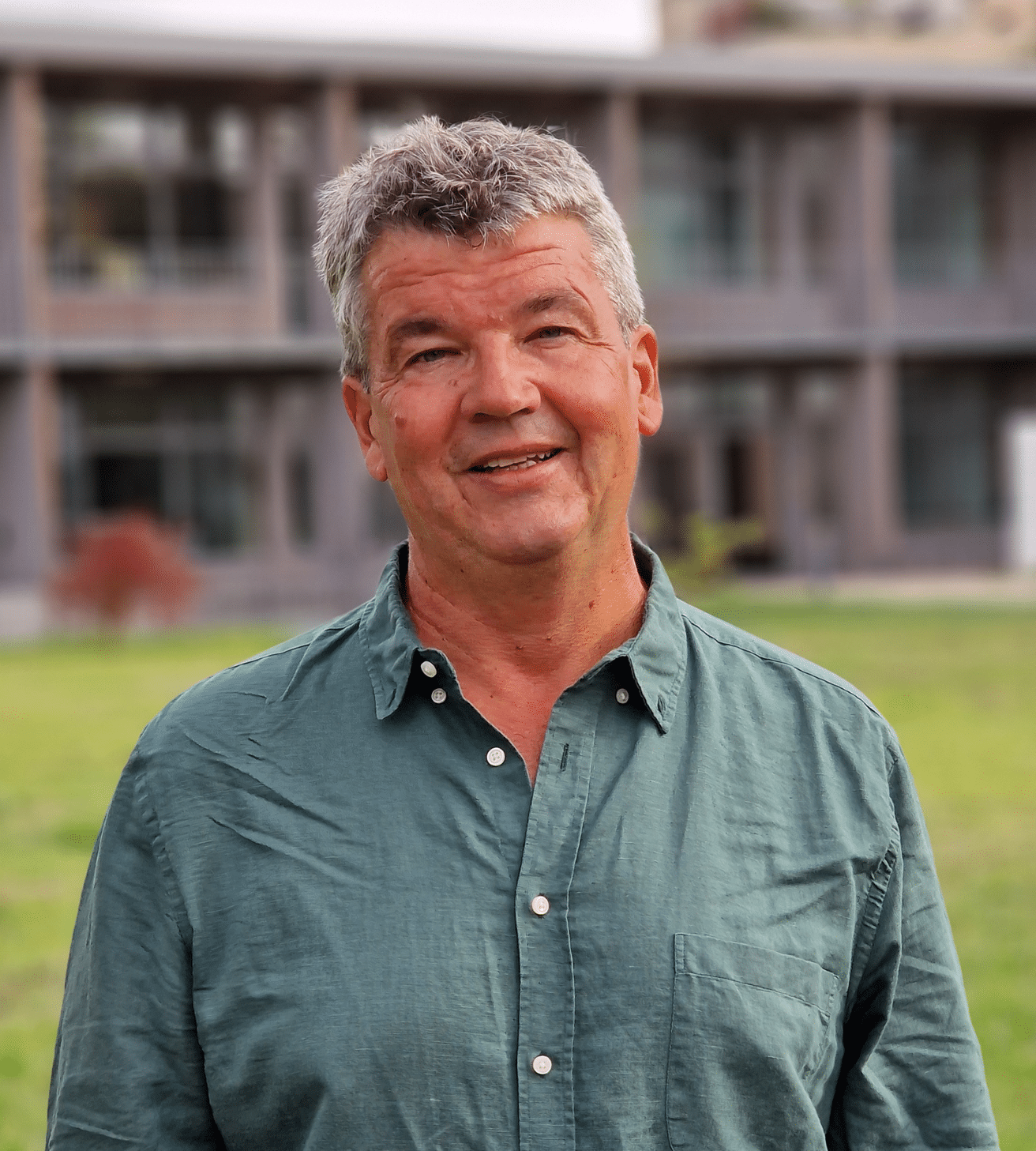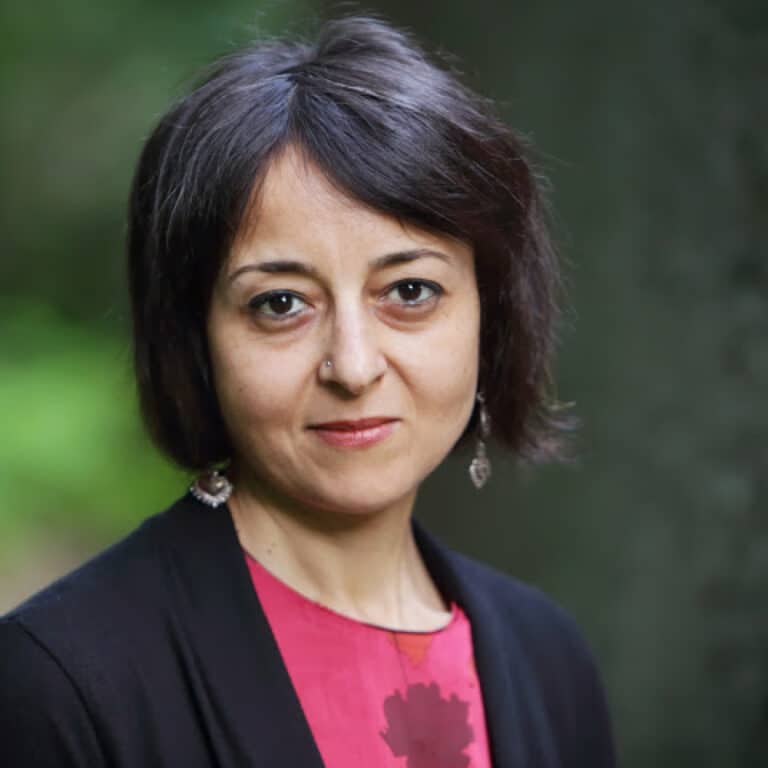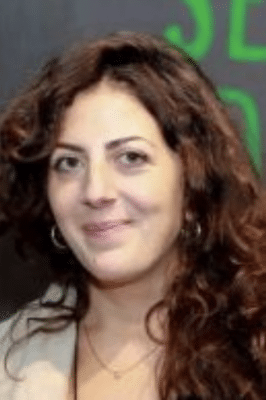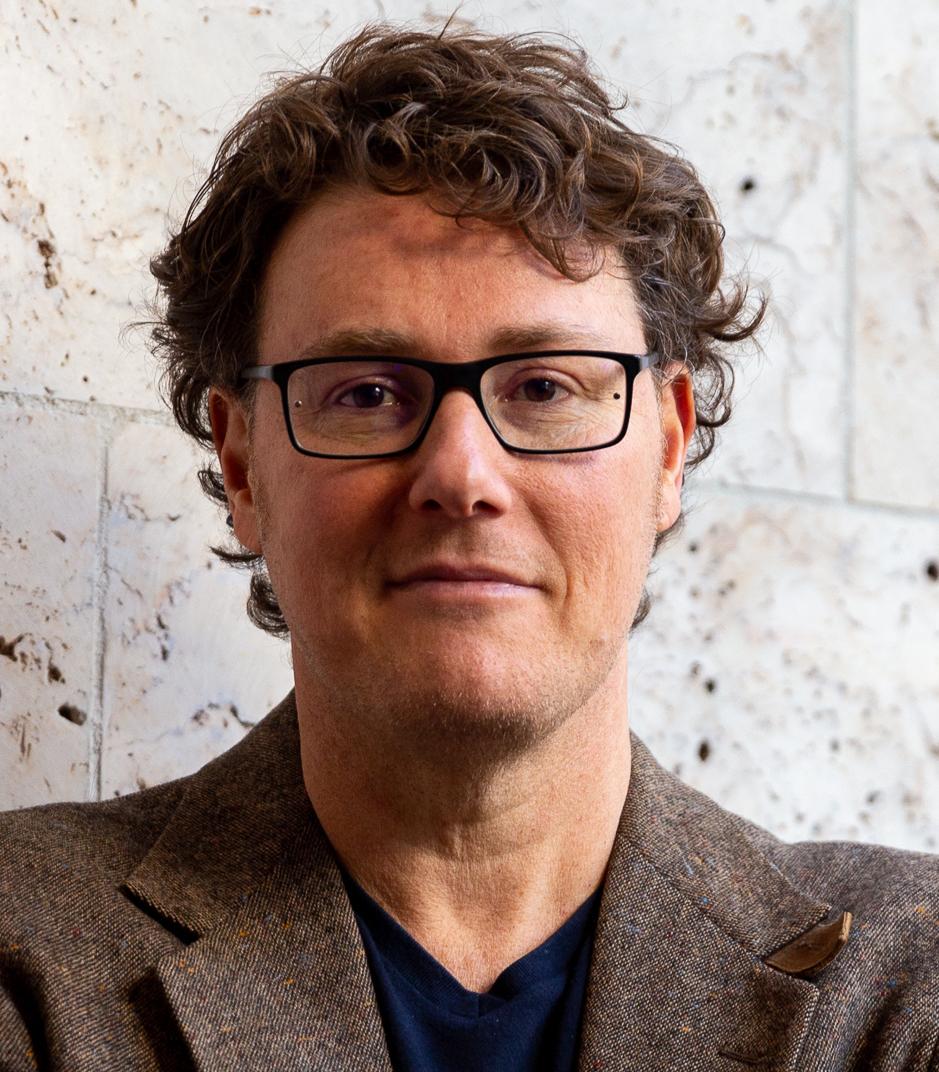Research project
ArTLib – Work and Freedom Research Workshop
Summary of the research project
Created in 2019 at the Institut d’études avancées d’Aix-Marseille Université (Iméra), the Atelier de recherche Travail et Libertés (ArTLib) is an interdisciplinary and international collective that aims to discuss and disseminate ideas and practices related to the profound transformations of work and their effects in the sphere of personal and collective freedoms and utopias.
Coordinated by Enrico Donaggio (Professor at the University of Turin, Senior Fellow of Iméra), ArTLib collaborates with three UMR of the CNRS and Aix-Marseille Université – Laboratoire d’économie et de sociologie du travail (LEST), Centre Gilles Gaston Granger (CGGG), Norbert Elias Centre – and with other research centres and study organizations: Centre d’Études et de Recherches sur les Qualifications (CEREQ), Institut de Psychodynamique du Travail (IPDT), Centre de recherche sur le travail et le développement (CRTD-CNAM), Acante-Travail, Laboratoire des Sciences Sociales Appliquées (LaSSA), Association des professionnels en sociologie de l’entreprise (APSE), Inter-Made, as well as with experts and independent artists related to the world of work.
The ArTLib Collective is currently composed of Carmen Alvarez (Director of Studies, expert with the CSE, Acante-Travail); Blaise Barbance (Human Resources, Associate Professor AMU, Vice-President of the APSE); Elisabeth Brun (AMU Associate Lecturer, LaSSA Instructor-Researcher); Mariagrazia Cairo (Associate Lecturer, Philosopher, CNRS CGGG, AMU); Anne-Marie Daune-Richard (Associate Researcher, Sociologist, CNRS LEST, AMU); Fréderic Décosse (researcher, anthropologist, CNRS LEST, AMU); Luc Joulé (filmmaker, IPDT, Images de Ville); Christophe Massot (associate researcher at the CRTD-CNAM, expert at the CSE); Nadine Richez-Battesti (lecturer, economist, CNRS LEST, AMU); José Rose (Professor Emeritus, Socio-economist, CNRS LEST, AMU); Laura Sanna (Manager, Head of Incubation Pathways, Inter-Made); Frédéric Séchaud (sociologist, union activist, CEREQ); Hendrik Sturm (artist, teacher, École Supérieure d’Art et Design, Toulon).
Presentation of the ArTLib Workshop: Work, freedoms, utopias today
The theme of the future of work occupies an increasingly important, almost obligatory place in the public and specialized debate. The representations and practices that concern this fundamental aspect of the human condition are now in the midst of metamorphosis and evolution. A new order of discourse and reality is emerging. Its configurations, not yet clearly decipherable, arouse both fear and hope.
Publications titled The Future of Work are constantly emerging and are written by major international institutions (World Bank, EU, ILO), academic researchers, trade unions or collectives of committed activists, they propose descriptions of the territory and the horizon very close. The focus is thus on unprecedented innovations (digital revolution, industry 4.0, sharing economy, wage crisis, changes in forms of employment, universal income), empirical evidence seemingly without appeal (speed of change, population growth, increase in productivity, reduced access to the labour market), returns to a past that was thought to be gone (precariousness, vulnerability, multi-activity, de-unionization, welfare crisis and rights corrosion) and the everlasting recurrence of the identical such as the prophecy of the end of work, as old as the work itself, and which may take the form of a disappearance altogether, a great replacement of human beings by robots or the more or less creating destruction of a massive quantity of jobs).
A reflection of remarkable quality has been carried out until today on the black side of this umpteenth metamorphosis of work. Among the most interesting results are the renewal of certain classical categories (injustice, exploitation, alienation, domination, voluntary servitude, banality of evil), the discovery of a fertile ground of analysis and denunciation (the suffering at work in its psychic dimension as well as the constellation of phenomena gravitating around the feeling of lack of recognition), the deconstruction of management practices and rhetoric that – despite their call for freedom – always aim at submission, the discovery of new forms of proletarianization and value creation through work hidden behind the anonymous opacity of algorithms (micro-work, click workers, delivery agents, logistics, platforms).
On the other hand, the reflection on the other constituent side of work in all its metamorphoses – autonomy, self-realization, empowerment, happiness, emancipation – remains the almost exclusive prerogative of neoliberal discourse, management and corporate culture where the subject who works is considered above all as a capital or a human resource to be valued. The promise of individual and collective freedom, whose work has been the bearer from the beginning of modernity, is then recovered by neoliberal ideology, At the same time, however, it risks being neglected by its criticism, which is more often than not focused on the negative aspects of contemporary work.
The questions asked by the ArTLib Collective try to counterbalance this imbalance of sensitivity and diagnostic depth that today characterizes the best criticism of work. ArTLib’s approach is based on the idea that in the experiences and representations of work there are and always are multiple contradictory and conflicting dynamics: autonomy and domination, subjectivation and subjugation, appropriation and alienation, self-realization and loss. A crucial part of the individual and collective destiny of human beings in each epoch is decided in this field of tensions.
Work, both practical and social in its own right, is thus central in the life of individuals and societies: there has been, there is and always will be human work, even if it is hidden, invisible, repressed or to be invented. For this reason, work is to think and criticize in its constitutive relationship with the seemingly opposite pole of freedom. It cannot be exploited by neoliberal rhetoric that claims a right to a fictitious and contingent monopoly on this vital truth of the human condition. But freedom cannot, however, be reduced to a dependent or negligible variable by a critique of the work that focuses exclusively on the pathogenic side of this experiment.
Work and freedom, this is the premise that characterizes the ArTLib approach.
From this fundamental position, arise the questions that ArTLib asked at the centre of his research: what are today the dominant links between work (content of work, relation to work, relations of work, organization and sense of work) and freedom (individual and collective, positive and negative, autonomy and power of action, emancipation and voluntary servitude)? What is objectionable or intolerable in these configurations? Are there possible alternatives, even concrete or necessary utopias that are emerging today in this field both theoretically and practically?
Biography
Graduate in Philosophy at the University of Milan in 1992. DEA in Philosophy at the University of Besançon in 1994. Doctorate in Philosophy at the University of Turin in 1997. Post doc scholarship in Berlin from the Alexander Von Humboldt Foundation in 1998. Ater in Philosophy at the University of Urbino in 1999. Lecturer in Philosophy at the University of Turin in 1999. Professor of Philosophy at the University of Turin in 2011.




